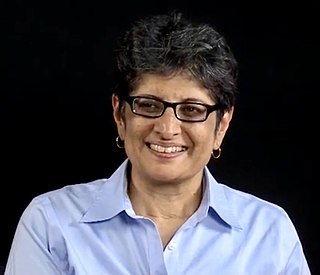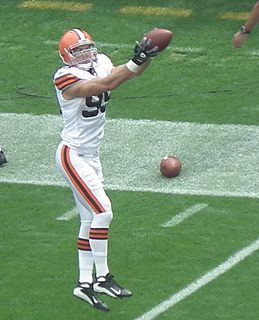A Quote by Gore Vidal
Obviously I'm in favor of protecting the rights of everybody: gay, black, women, what have you, American Indians.
Related Quotes
One of the prime backers of land bill was a Republican Congressman, a Paul Gosar. And when he was challenged by an Apache on this bill, he said, well, you know, Indians are wards of the federal government. This happened recently.That congressperson is obviously stuck in the 19th century when he thinks about Indians. How is that person going to legislate and treat Indians fairly and respect their rights when he has this sort of infantilized image of Indians as not being, you know, up to the same level of responsibility as everybody else?
The potential significance of Black feminist thought goes far beyond demonstrating that African-American women can be theorists. Like Black feminist practice, which it reflects and which it seeks to foster, Black feminist thought can create a collective identity among African-American women about the dimensions of a Black women's standpoint. Through the process of rearticulating, Black feminist thought can offer African-American women a different view of ourselves and our worlds
There's this big debate that goes on in America about what rights are: Civil rights, human rights, what they are? it's an artificial debate. Because everybody has rights. Everybody has rights - I don't care who you are, what you do, where you come from, how you were born, what your race or creed or color is. You have rights. Everybody's got rights.
The success [of the X-Men], I think, is for two reasons. The first is that, creatively, the book was close to perfect ... but the other reason is that it was a book about being different in a culture where, for the first time in the West, being different wasn't just accepted, but was also fashionable. I don't think it's a coincidence that gay rights, black rights, the empowerment of women and political correctness all happened over those twenty years and a book about outsiders trying to be accepted was almost the poster-boy for this era in American culture.





































